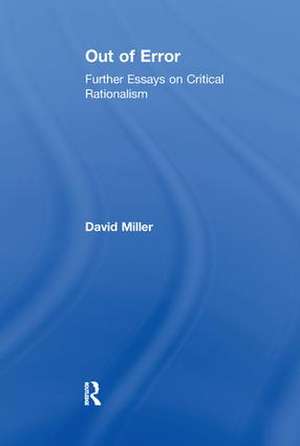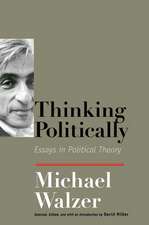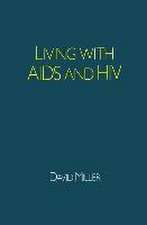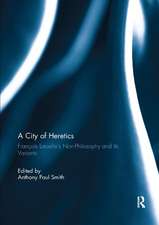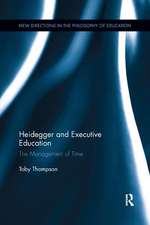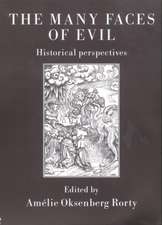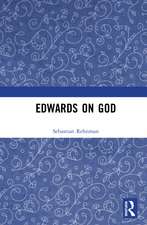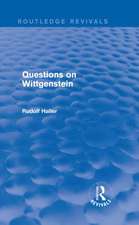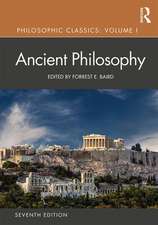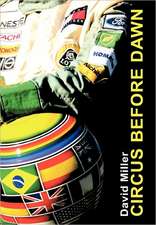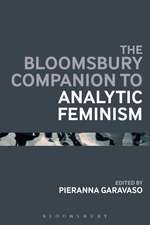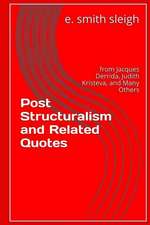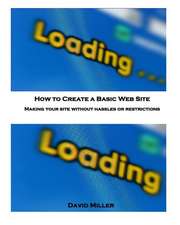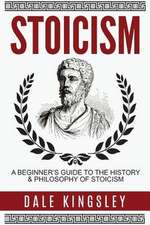Out of Error: Further Essays on Critical Rationalism
Autor David Milleren Limba Engleză Paperback – 6 mar 2017
| Toate formatele și edițiile | Preț | Express |
|---|---|---|
| Paperback (1) | 474.73 lei 6-8 săpt. | |
| Taylor & Francis – 6 mar 2017 | 474.73 lei 6-8 săpt. | |
| Hardback (1) | 1115.51 lei 6-8 săpt. | |
| Taylor & Francis – 12 ian 2006 | 1115.51 lei 6-8 săpt. |
Preț: 474.73 lei
Nou
Puncte Express: 712
Preț estimativ în valută:
90.84€ • 95.10$ • 75.16£
90.84€ • 95.10$ • 75.16£
Carte tipărită la comandă
Livrare economică 05-19 aprilie
Preluare comenzi: 021 569.72.76
Specificații
ISBN-13: 9781138251786
ISBN-10: 113825178X
Pagini: 314
Dimensiuni: 156 x 234 x 17 mm
Greutate: 0.58 kg
Ediția:1
Editura: Taylor & Francis
Colecția Routledge
Locul publicării:Oxford, United Kingdom
ISBN-10: 113825178X
Pagini: 314
Dimensiuni: 156 x 234 x 17 mm
Greutate: 0.58 kg
Ediția:1
Editura: Taylor & Francis
Colecția Routledge
Locul publicării:Oxford, United Kingdom
Cuprins
Contents: Preface; Karl Popper: a scientific memoir; Three stages of critical rationalism; What do arguments achieve?; Falsifiability: more than a convention?; Induction: a problem solved; Back to the frying pan; Being an absolute sceptic; How little uniformity need an inductive inference presuppose?; Critical rationalism's debt to Tarski; Beauty: a road to the truth?; Thirty years of language dependence; Is paraconsistent logic ever used?; Making falsification bite; In Memoriam; Bibliography; Index.
Recenzii
'David Miller’s uncommon sense, elegant phrasing, and application of the critical rationalist method to its own products provide a rich source of insight, not only about Popper’s work but about disciplined inquiry in general. The chapters on Popper contain important new insights and the material on topics as varied as Azande reasoning and Tarski’s theory of truth is equally rewarding.' - Paul Humphreys, University of Virginia, USA
'The unpretentious solidity of Miller’s reasoning makes this book compelling reading for people interested in the discovery and status of knowledge. After a penetrating account of Popper’s philosophy, Miller branches out into revealing examinations of a number of special topics, all treated with convincing clarity - an exemplary performance of critical rationalism.' - Peter Munz, Victoria University of Wellington, New Zealand
'For over three decades David Miller has been one of the most brilliant expositors of Critical Rationalism. In this exquisite collection of essays, he has broken new paths. His radical skepticism takes Popper's philosophy in unexpected directions, drawing this anti-authoritarian philosophy to its limits. Staking out the Critical Rationalist position in the "science wars," he vindicates a search for truth which is nothing but error elimination. He purges any residual comfort or assurance that competing philosophies may offer. The ramifications for our political, legal, and scientific practices, and for the relationship between science and technology, are tremendous. The implications will require careful deliberation in years to come. Miller's book will unsettle many, and this is precisely why one should read and think through this book.' - Malachi Haim Hacohen, Duke University, USA
'Miller's book is an important one because it takes on both postmodernism and traditional rationalism and offers a viable alternative to both: critical rationalism.' - Higher Education Review
'The unpretentious solidity of Miller’s reasoning makes this book compelling reading for people interested in the discovery and status of knowledge. After a penetrating account of Popper’s philosophy, Miller branches out into revealing examinations of a number of special topics, all treated with convincing clarity - an exemplary performance of critical rationalism.' - Peter Munz, Victoria University of Wellington, New Zealand
'For over three decades David Miller has been one of the most brilliant expositors of Critical Rationalism. In this exquisite collection of essays, he has broken new paths. His radical skepticism takes Popper's philosophy in unexpected directions, drawing this anti-authoritarian philosophy to its limits. Staking out the Critical Rationalist position in the "science wars," he vindicates a search for truth which is nothing but error elimination. He purges any residual comfort or assurance that competing philosophies may offer. The ramifications for our political, legal, and scientific practices, and for the relationship between science and technology, are tremendous. The implications will require careful deliberation in years to come. Miller's book will unsettle many, and this is precisely why one should read and think through this book.' - Malachi Haim Hacohen, Duke University, USA
'Miller's book is an important one because it takes on both postmodernism and traditional rationalism and offers a viable alternative to both: critical rationalism.' - Higher Education Review
Notă biografică
David Miller was an assistant to Karl Popper in the 1960s, and worked closely with him for the next thirty years. He taught at the University of Warwick, UK, and has also held appointments at universities in Argentina, Brazil, Chile, Hungary, Italy, Mexico, Thailand, and the USA. He has been Honorary Treasurer of the British Society for the Philosophy of Science, Secretary of the British Logic Colloquium, and Chair of the British National Committee for Logic, Methodology and Philosophy of Science. His publications include Critical Rationalism: A Restatement and Defence (1994), and many papers in logic, probability, and the philosophy of science. His anthology Popper Selections (originally A Pocket Popper) has been translated into Albanian, Bengali (in part), Chinese, Georgian, German, Italian, Korean, Lithuanian, Portuguese, Romanian, Spanish, and Swedish.
Descriere
David Miller is the foremost exponent of the purist critical rationalist doctrine and here presents his mature views, discussing the role that logic and argument play in the growth of knowledge, criticizing the common understanding of argument as an instrument of justification, persuasion or discovery and instead advocating the critical rationalist view that only criticism matters. Miller patiently and thoroughly undoes the damage done by those writers who attack critical rationalism by invoking the sterile mythology of induction and justification that it seeks to sweep away. In addition his new material on the debate on verisimilitude is essential reading for all working in this field.
